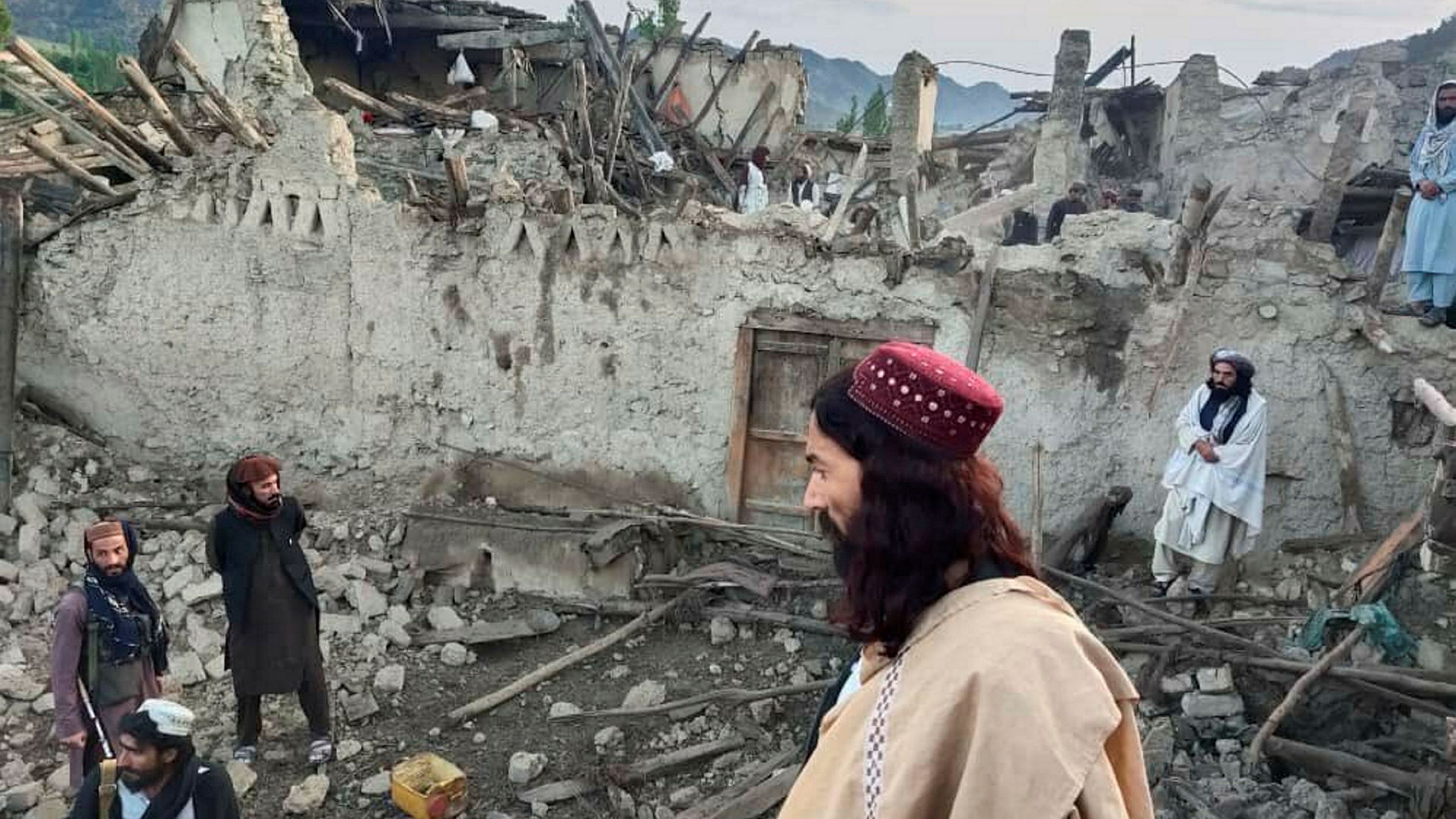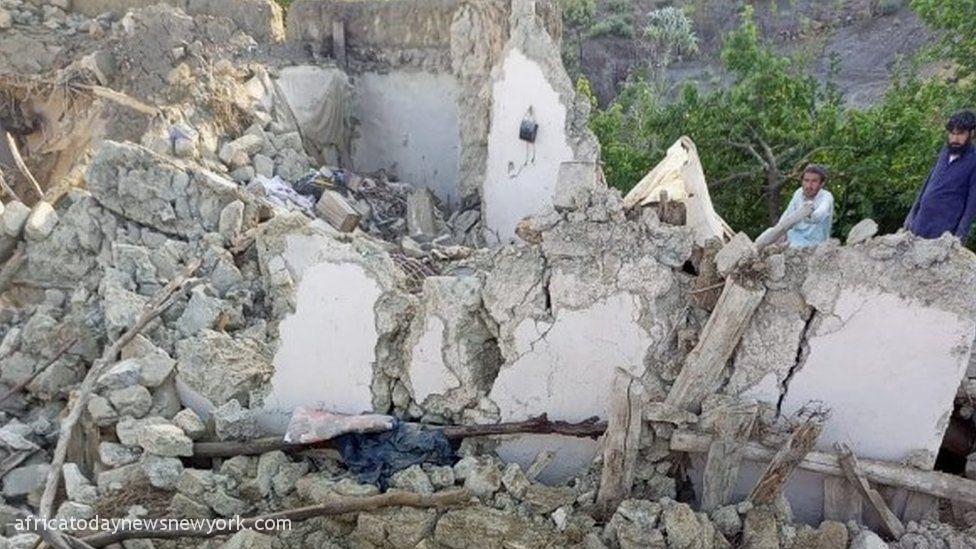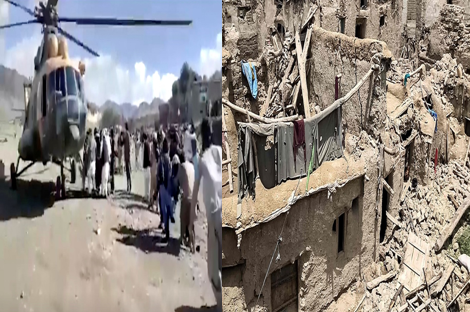A 5.9 magnitude earthquake just struck many areas of Afghanistan, and the death toll has risen to 1,000.

Earthquakes are one of the acts of nature that are difficult to forecast. There may be estimates regarding the likelihood of a quake coming based on particular characteristics, but scientists warn that it is difficult to predict when a quake will strike and how powerful it will be.

The magnitude and location of an earthquake occurrence can have a significant influence. Underwater quakes can occur, and while they may not be noticed, they can cause a tsunami. Earthquakes on land can cause structural damage and, in the worst-case scenario, the loss of lives.
Many schools and businesses in the Philippines that operate in elevated structures schedule earthquake drills so that people understand what to do when the ground shakes.

An earthquake with a magnitude of 5.9 reportedly affected various areas in Afghanistan. According to ABS-CBN News, the dead toll from the event has now surpassed 1,000.
According to Mohammad Amin Huzaifa, the chief of the Information and Culture Department in Paktika, one of the provinces most impacted by the earthquake, the number of casualties is rising and “people are digging grave after grave.”

According to the article, national leader Hibatullah Akbhundzada cautioned that the figure might rise further as rescue efforts proceed.
Yaqub Manzor, a tribal leader from Paktita, told AFP that several people traveled to the damaged places to help rescue earthquake victims. Even local marketplaces are now shut. Some of the casualties were transferred to military helicopters.

More developments may be following.







